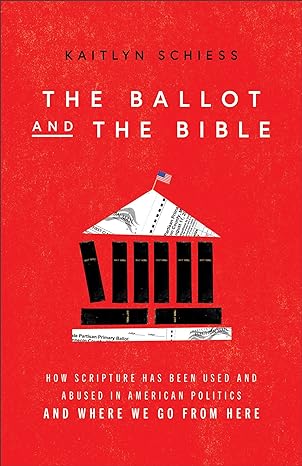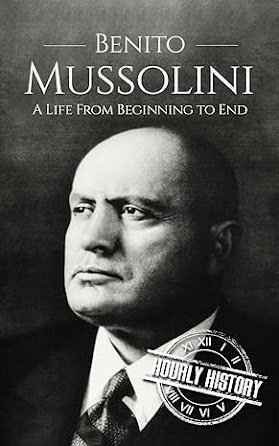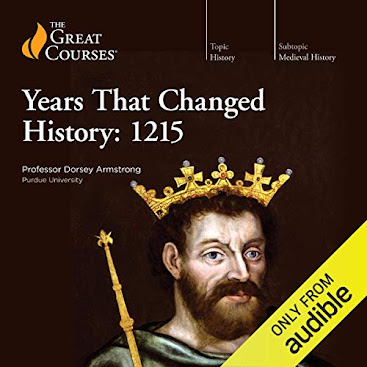The Known World: A Novel by Edward P. Jones
How can I effectively heap praise on a book that has already won the Pulitzer Prize?
Originally Published in 2003.
What else can I do but chime in with my own little two cents worth of opinion and join the crowd?
The Known World is a complex, rich, frustrating, fascinating, compelling, comforting, detailed work that is filled with 3-dimensional characters that draw the reader into the complex, confusing, often brutal world of slavery on the Virginia frontier in the 1800s.
Set in a fictional county in Virginia, The Known World revolves around the Townsends, a family of ex-slaves. Henry Townsend is a former slave who owns a plantation replete with slaves. The irony of that situation strikes one his slaves who notes to himself that it is odd for a black man to own slaves, but really no odder than the very idea that one person may own another in the first place.
The author, Edward P. Jones, does not tell the story in a linear fashion. Instead, he bounces his readers along a timeline stretching from the early 1800s to the early 1900s, but mostly focusing on the 1840s and 1850s. At first this is quite confusing, but then it starts to seem natural. It reminded me of hearing family members talking about family histories - the way that the tellers often bounce along through time when telling those stories.
Symbolism abounds throughout the novel, especially with the names. Examples include a slave/overseer named Moses and an unassuming ex-slave named with the pretentious name Augustus. Even the title of the book has multiple meanings. It is the name of a map in the Sheriff's Office (maps abound throughout the book) but I think that the title implies that this way of life - owning slaves - was the only thing that anyone knew. It was their known world - their only way of seeing how society could be structured.
 |
| Edward P. Jones |
I would love to be part of a book club that seriously looked at all of the detail for hidden meanings, foreshadowing, etc. This is one book that I could easily read again and again and pick up something new every time. An earlier reviewer said that this should be used in schools - he is right! It is a rich, complex, satisfying read. It should lead to any number of wonderful discussions.
I rate this novel 5 stars out of 5.
This book can be found on Amazon.com here: The Known World: A Novel by Edward P. Jones.
Reviewed on August 31, 2006.











The Known World is a story about slavery, not just the regular American slavery. The internal struggle of the book is really about the concept of free blacks owning slaves. Jones really plays with this theme through out the entire novel. He makes it seem as if he is unbiased on the subject throughout the book but his tone is otherwise. An atrocity occurs in everyone's life that owns a slave. The main theme of the book is anyone who participates in slavery is polluted by it and their concepts of justice and humanity become tainted.
ReplyDelete